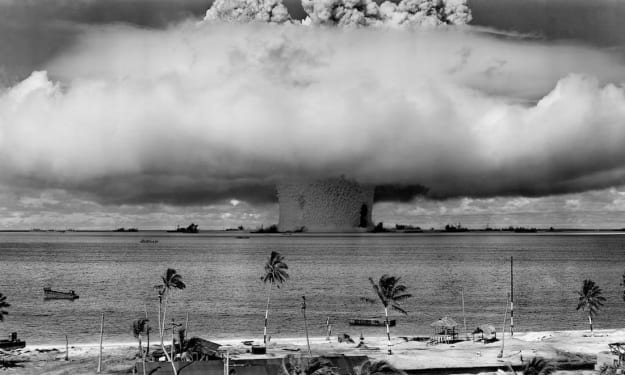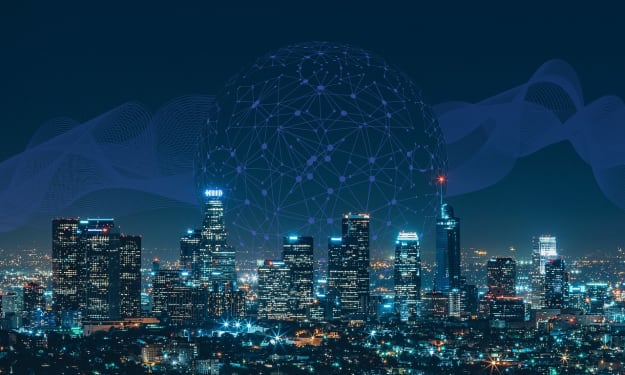What if Great Depression of 1930s happened again?
What if Great Depression of 1930s happened again?

What if Great Depression of 1930s happened again? It would have significant social, economic, and political consequences. Here are some potential effects:
1. Economic Impact: An economic depression typically leads to a severe contraction in economic activity, high unemployment rates, and a decline in production and trade. Businesses may struggle or shut down, and individuals may face financial hardships. Governments may implement austerity measures, including budget cuts and tax increases, to manage the crisis.
2. Unemployment and Poverty: Job losses and decreased economic activity can lead to widespread unemployment and poverty. People may struggle to find work, meet their basic needs, and provide for their families. This can result in increased social inequality and a strain on social safety nets.
3. Social and Mental Health Challenges: Economic downturns can have a profound impact on people's mental health and well-being. Increased stress, anxiety, and depression may occur due to financial instability, job loss, and other personal hardships. It can also strain social relationships and lead to an increase in social issues like substance abuse and domestic violence.
4. Political Consequences: Economic depressions often have political ramifications. Discontent and frustration with the government's handling of the crisis can lead to political unrest, protests, and calls for change. There may be a rise in populist movements, as people seek solutions and alternatives to the existing political system.
a) Rise of Populist Movements: Economic depressions can fuel the rise of populist movements and ideologies. Populist leaders often exploit public frustration and discontent with the existing political establishment, promising quick solutions and scapegoating certain groups or institutions. They may capitalize on people's economic anxieties and offer simplistic explanations for complex problems. Populist movements can challenge the traditional political order and reshape the political landscape.
b) Shifts in Electoral Dynamics: Economic depressions tend to reshape electoral dynamics. Voters may express their dissatisfaction by electing candidates who promise radical change or by voting for anti-establishment parties. Traditional political parties may struggle to maintain their support, as people look for alternative solutions. This can lead to a realignment of political forces and a change in the balance of power.
c) Political Unrest and Protests: Economic depressions often trigger social unrest and protests. As people face financial hardships and frustration with the government's response, they may take to the streets to demand change. Protests can range from peaceful demonstrations to more disruptive and violent actions, depending on the level of frustration and the government's response. Governments may face challenges in maintaining social order and may need to employ various strategies to address the concerns of the public.
d) Policy Shifts and Reforms: Economic depressions can create an impetus for policy shifts and reforms. Governments may be forced to implement emergency measures to stabilize the economy, such as stimulus packages, financial regulations, and social welfare programs. There may be a renewed focus on income redistribution, social safety nets, and job creation. The crisis can also provide an opportunity for long-term structural reforms aimed at addressing the root causes of the economic downturn.
e) Geopolitical Effects: Economic depressions can have geopolitical ramifications. Countries experiencing economic hardships may become more vulnerable to external influence, and their global standing may decline. Economic recessions can lead to shifts in alliances, trade relationships, and power dynamics among nations. It may also increase tensions and competition for resources, as countries strive to protect their interests during a time of economic turmoil.
Overall, the political consequences of an economic depression are multifaceted and can significantly reshape the political landscape. The response of governments, the actions of political leaders, and the resilience of democratic institutions play crucial roles in determining the outcome and long-term consequences.
5. International Relations: Economic depressions can strain international relations and lead to protectionist policies as countries try to shield their domestic industries and protect their economies. Trade tensions and conflicts may arise, potentially exacerbating the global economic downturn.
It's important to note that these are general predictions based on historical events. The specific outcomes of any future depression would depend on various factors, such as the causes, policy responses, and the global economic and political landscape at that time. Governments and international organizations often strive to learn from past experiences to mitigate the impact of economic crises and implement measures to stabilize economies and support those most affected.
About the Creator
Enjoyed the story? Support the Creator.
Subscribe for free to receive all their stories in your feed. You could also pledge your support or give them a one-off tip, letting them know you appreciate their work.





Comments
There are no comments for this story
Be the first to respond and start the conversation.